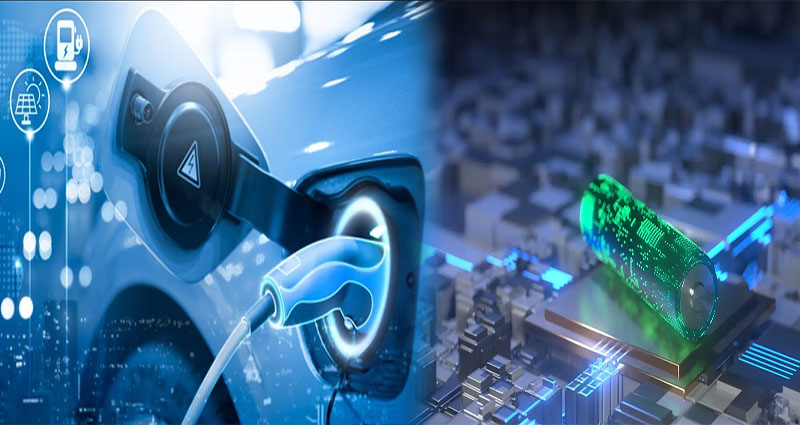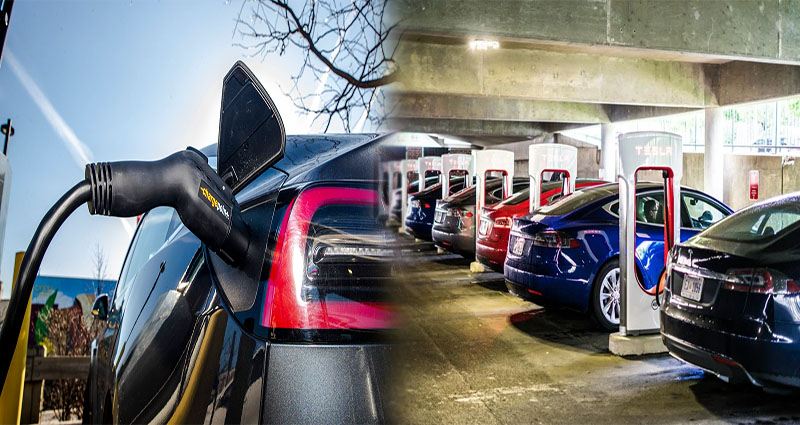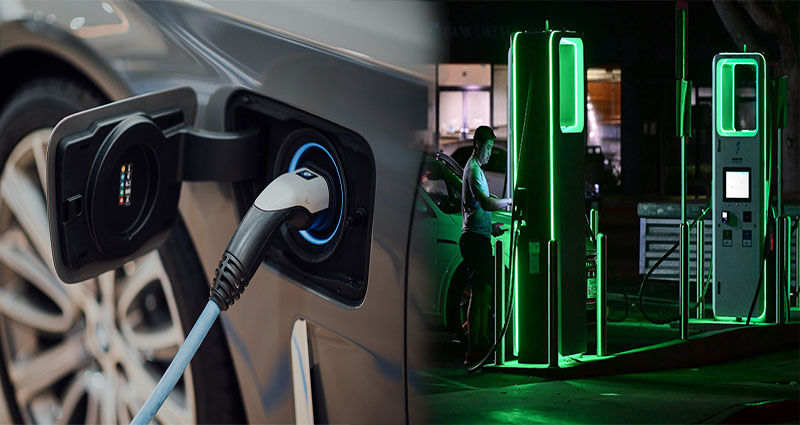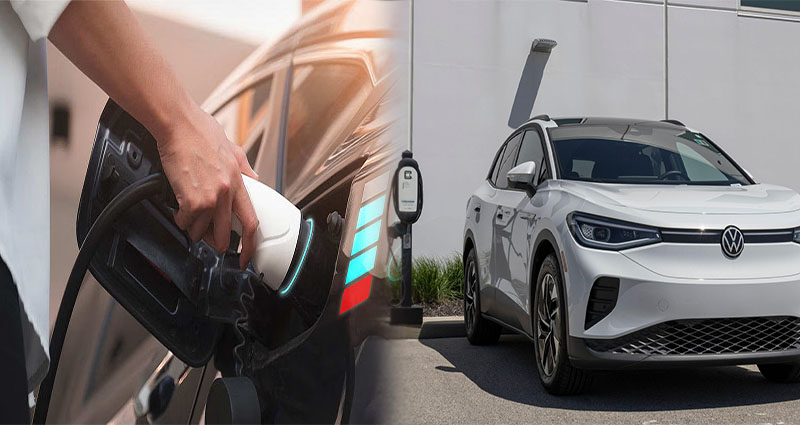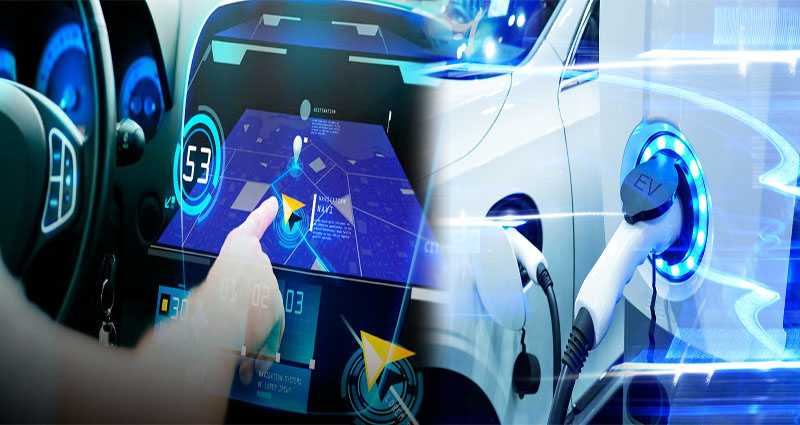The Surge of Technological Advancements in Battery Technology Driving Electric Vehicle Growth
In recent years, the automotive industry has witnessed a significant shift towards sustainable transportation with the increasing popularity of electric vehicles (EVs). One of the driving forces behind this transition is the rapid technological advancements in battery technology. These advancements have not only improved the performance and range of EVs but have also made them more accessible and appealing to consumers worldwide.
Enhanced Battery Performance
One of the key factors contributing to the growth of electric vehicles is the continuous improvement in battery performance. Thanks to advancements in lithium-ion battery technology, EVs now offer longer driving ranges and faster charging times. Manufacturers are investing heavily in research and development to create batteries that are more energy-dense, durable, and efficient, ultimately enhancing the overall driving experience for EV owners.
Reduced Costs
As battery technology continues to evolve, the cost of manufacturing lithium-ion batteries has been steadily decreasing. This cost reduction is … READ MORE ...

